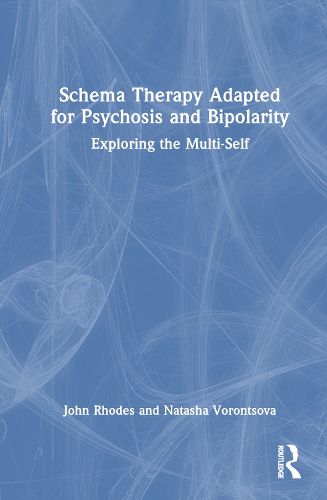Readings Newsletter
Become a Readings Member to make your shopping experience even easier.
Sign in or sign up for free!
You’re not far away from qualifying for FREE standard shipping within Australia
You’ve qualified for FREE standard shipping within Australia
The cart is loading…






This book explores how Schema Therapy and its underlying theory might be used in work with clients who suffer from psychosis, bipolarity and related symptoms.
The first part of the book presents in-depth qualitative research featuring first-person testimonies that describe the self-states or 'modes' of a person with psychosis or bipolarity. These self-states involve a range of features, such as emotions, thoughts, motivations and behaviours, which manifest as patterns. The second part proposes the adaptation and application of Schema Therapy, a transdiagnostic approach working with emotion and interpersonal functioning for clinical work with these two groups.
Offering unique insights, this text will appeal to a range of practicing clinicians, such as psychologists, therapists, psychiatrists and those with a special interest in psychosis or bipolarity.
$9.00 standard shipping within Australia
FREE standard shipping within Australia for orders over $100.00
Express & International shipping calculated at checkout
This book explores how Schema Therapy and its underlying theory might be used in work with clients who suffer from psychosis, bipolarity and related symptoms.
The first part of the book presents in-depth qualitative research featuring first-person testimonies that describe the self-states or 'modes' of a person with psychosis or bipolarity. These self-states involve a range of features, such as emotions, thoughts, motivations and behaviours, which manifest as patterns. The second part proposes the adaptation and application of Schema Therapy, a transdiagnostic approach working with emotion and interpersonal functioning for clinical work with these two groups.
Offering unique insights, this text will appeal to a range of practicing clinicians, such as psychologists, therapists, psychiatrists and those with a special interest in psychosis or bipolarity.